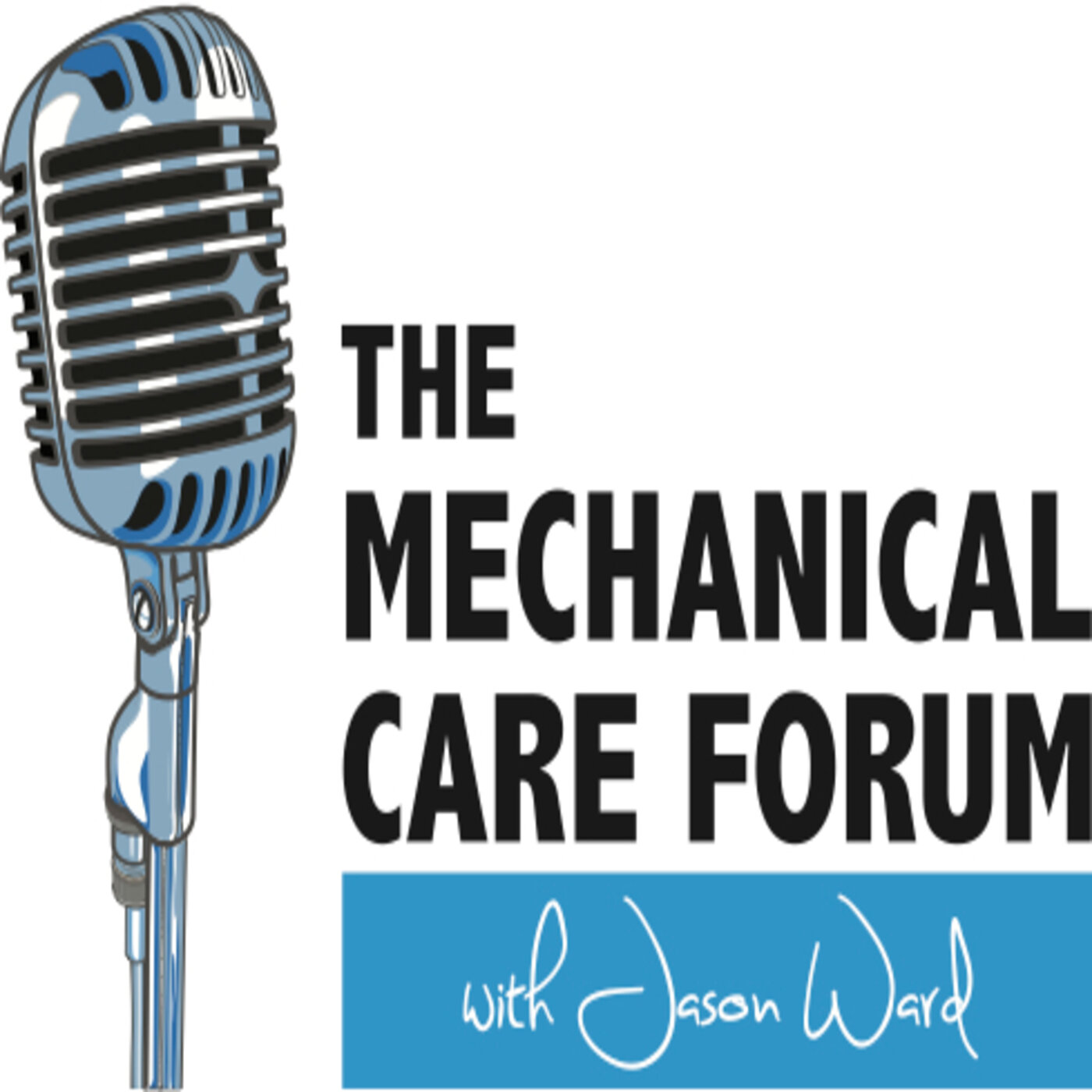Melissa Cady DO
In episode #117, we conclude the conversation with Dr. Melissa Cady. She continues sharing her views on the problems with current management of chronic pain patients and what contributes to those problems, ideas on collaboration for multidisciplinary care and shares what she's currently working on for the future.
Melissa Cady is a physician trained in an osteopathic medical school followed by allopathic training in general surgery, internal medicine, anesthesiology, and pain medicine. Dr. Cady is currently board-certified in anesthesiology and fellowship-trained with a board certification in pain medicine. Prior to medical school, she worked as a personal trainer and as an aide for physical therapists. A native Texan, Dr. Cady currently practices anesthesiology in Austin, Texas.
Chronic pain is an issue that is near and dear to Dr. Cady, not just as a physician, but as a patient as well. Her own pain experiences in combination with her diverse medical background has equipped her with a set of skills and invaluable perspective. That knowledge has enabled her to manage her own pain more effectively without the need for medications, injections, or surgery.
Known as the “Challenge Doctor,” Dr. Cady is driven to champion the cause of living the antiPAIN Lifestyle and minimizing the current PAINDEMIC® that is so rampant today.
Show Notes
PAINDEMIC cont’d
Passive vs Active Treatments- Dr. Cady thinks back on her time in her pain management fellowship, and how passive and placebo treatments often come from a physician’s feeling that they have no other options to offer their patients. She shares her frustrations on the opioid epidemic, inappropriate patient education, and healthcare practitioners’ “optimism bias” due to misinformation and lack of education within medical schools.
Underutilization and Incentives- Dr. Cady reflects on the underutilization of conservative care, and notes that this can be because of uncertainty how to best employ these services or because they tend to be reimbursed at a much lower rate than more invasive care. She feels that a private pay model may be the only way for patients to weigh the risks and benefits of their own treatments. She recognizes the lack of financial incentives for conservative care, patient education, and valuable care in the current healthcare model.
The Pain Patient Funnel
Dr. Cady speaks of the typical pain management practice’s algorithm to treat patients based on response, though without any subclassification. She describes the lack of education and the substandard care that might come from these algorithms, and the further lack of any kind of empowerment model.
Dr. Cady’s Advice (to us!)
Regarding discussing patient education or conversations with pain management physicians, Dr. Cady advises that we as conservative care clinicians offer our services as educators to their patients. She also suggests we offer to show what we do, share our results and outcomes, and maintain a collaborative dialogue with these pain physicians with regards to shared patients.
She acknowledges that often physicians have no idea what therapists are doing with their patients, and she encourages us to share what we are doing for the patients on a daily basis. Collaboration, collaboration, collaboration!
Coming Up
Dr. Cady is contemplating training and certification in MDT next year!
She is considering a shortened version of PAINDEMIC as a reference guide.
She also hopes to pursue an antiPAIN Lifestyle center to help patients in a multidisciplinary setting.
Resources
For more info on “PAINDEMIC” or to contact Dr. Cady, visit the following websites:
Tweet Dr. Cady: @challengedoctor
We hope to deliver this content to the committed professional who wants to improve his/her care and we hope to do it in a way that is easily accessible, the world over, in today's technological age.
To contribute:
Give a 5-star review on iTunes;
Share EP #117 with a friend; and/or
Connect with us on the Spotify MCF Podcast and MCF Instagram page!
Thanks for your support!


